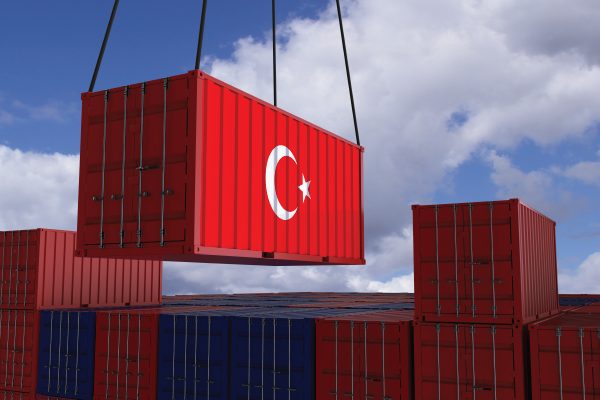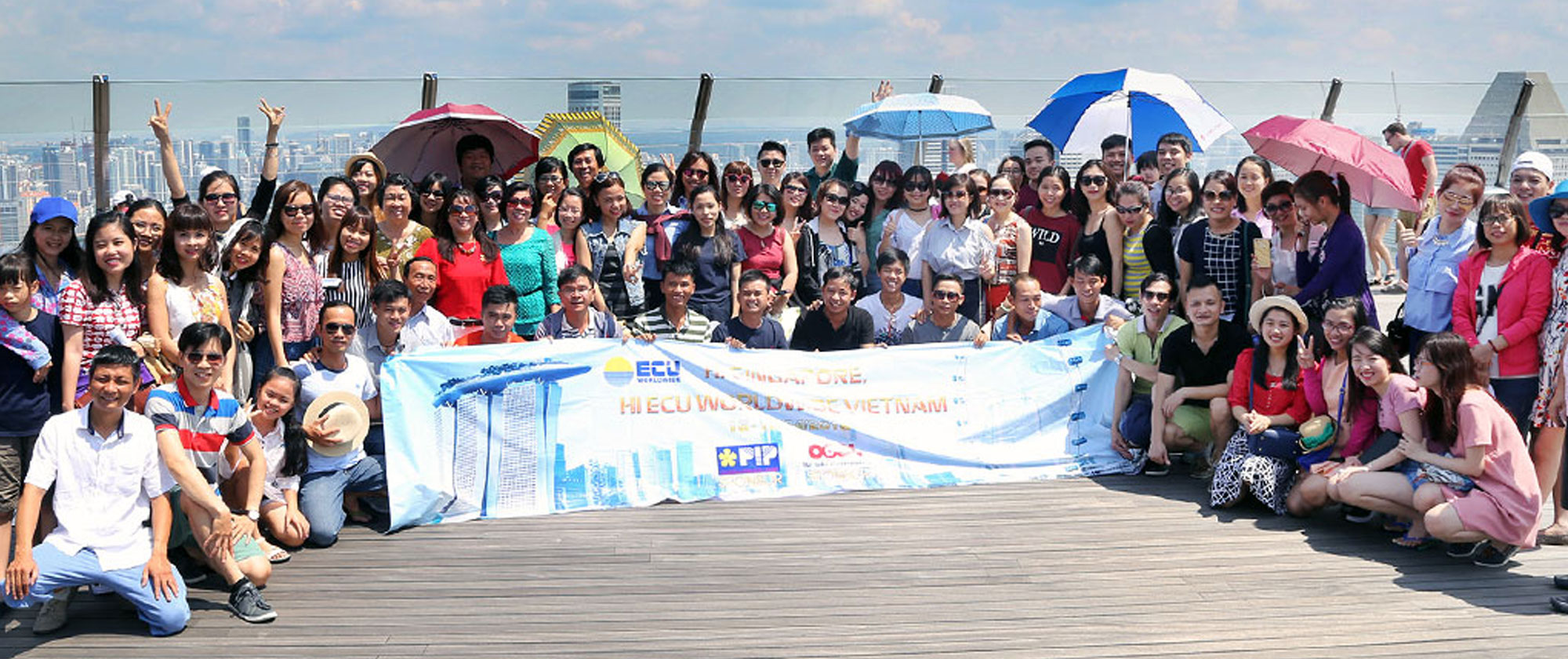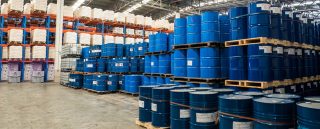ECU Worldwide opens up the potential of the strategically located nation of Vietnam, primarily through its strengths in cargo consolidation and high frequency shipping schedules.
Vietnam is one of those unique places where the past, present and the future merge seamlessly, much like the way the waters of the South China Sea flow into the vast North Pacific Ocean. Hanoi, the capital city, can trace its history back one thousand years. More ancient are the thousands of green-covered limestone islands that dot Vietnam’s famous Halong Bay, one of the world’s most beautiful natural heritage sites, created, as legend has it, by the lash of a dragon’s tail.
Vietnam, sitting on the southern border of China, has had a turbulent history that includes a period of French colonisation and several civil insurgencies. In the last few decades, the nation has overcome the challenges of its past to become a significant manufacturing base for several industries. It is also emerging as a significant marketplace in its own right.
Today Vietnam sits firmly in the 21st century as one of Asia’s emerging economies. In this it vies with its more industrially advanced neighbours — Taiwan, South Korea, the Philippines and Singapore — for its share of the region’s trade, manufacturing and commerce. However, the biggest impact on Vietnam’s economy has come from its most prominent neighbour, China.
Attractive market
Many consider Vietnam to be a sort of mini-China, sharing some of the same market advantages. The nation is building its profile as an industrial investment destination as it offers an advantageous blend of low cost operations, a rising middle class that is embracing consumerism and political stability. Vietnam’s growing presence on the world trade map has led to import-export trade worth about $300 billion flowing through this Southeast Asian nation.
The potential of Vietnam as a hub for regional and global trade was spotted by ECU Worldwide back in 2006, when it established ECU Worldwide Vietnam. “Vietnam is new, young, and energetic. It is growing rapidly, much like the spurt Chinese or Singapore markets showed a few decades ago,” says Lam Thanh Huynh, Country Sales Manager, ECU Worldwide Vietnam.
A major part of Vietnam’s imports (about 44 per cent) come from China and S Korea, but goods from Vietnam flow over the world and primarily to the US, Europe and central Asia markets. Vietnam’s exports comprise electronic equipment, computers, and crude petroleum, with leather footwear being another big ticket item. “The government has invested a lot of money in improving the local infrastructure such as roads, bridges, metros and ports. This has contributed significantly to attracting foreign investment,” says Mr Lam.
With so much industrial and manufacturing activity happening in Vietnam, it stands to reason that the logistics and transport sectors are registering rapid growth as well.
Located strategically in the South China Sea, Vietnam relies on shipping as the main transportation route and has three large ports — Ho Chi Minh City, Hai Phong and Danang — that cater to its global trades. ECU Vietnam has 100 employees in the country, with staff located 24/7 at the ports, and a sales office in the capital city of Hanoi.
LCL is key
The core competency that ECU Vietnam brings to the market is its strengths in LCL consolidation. “The LCL product offering of ECU Worldwide is unique,” says Mr Lam. Because of its core strength in LCL, ECU Vietnam is able to offer the convenience of multiple sailings for many of its customers. “We are able to run trades to niche markets, along with a high frequency sailing schedule,” says Mr Lam. For example, every week ECU Vietnam offers more than 10 sailings between Japan and Vietnam and five from Singapore to Ho Chi Minh.
With over a decade’s on-ground expertise, ECU Vietnam is well-versed in dealing with local challenges; for instance, dealing with the corruption that is entrenched in the local culture. Other logistics challenges include inadequate infrastructure, and the lack of a level playing field. “Local or government enterprises receive more support than foreign companies,” points out Mr Lam. Language is also an issue, with most of Vietnam’s young population (half of the population is below the age of 30) not able to speak English well.
In spite of these issues, ECU Vietnam has managed to carve out its spot at the top, taking its customers with it. “ECU offers unique services to our customers, services that others don’t have. We also use our network to find solutions for our customers. We are a very service-minded company, that’s why we can keep customers happy. Because they are satisfied, they stay with us longer,” says Mr Lam.
With a strong local presence and well-developed connections to the ECU Worldwide network, ECU Vietnam is poised to offer the best of logistics solutions to its customers.














